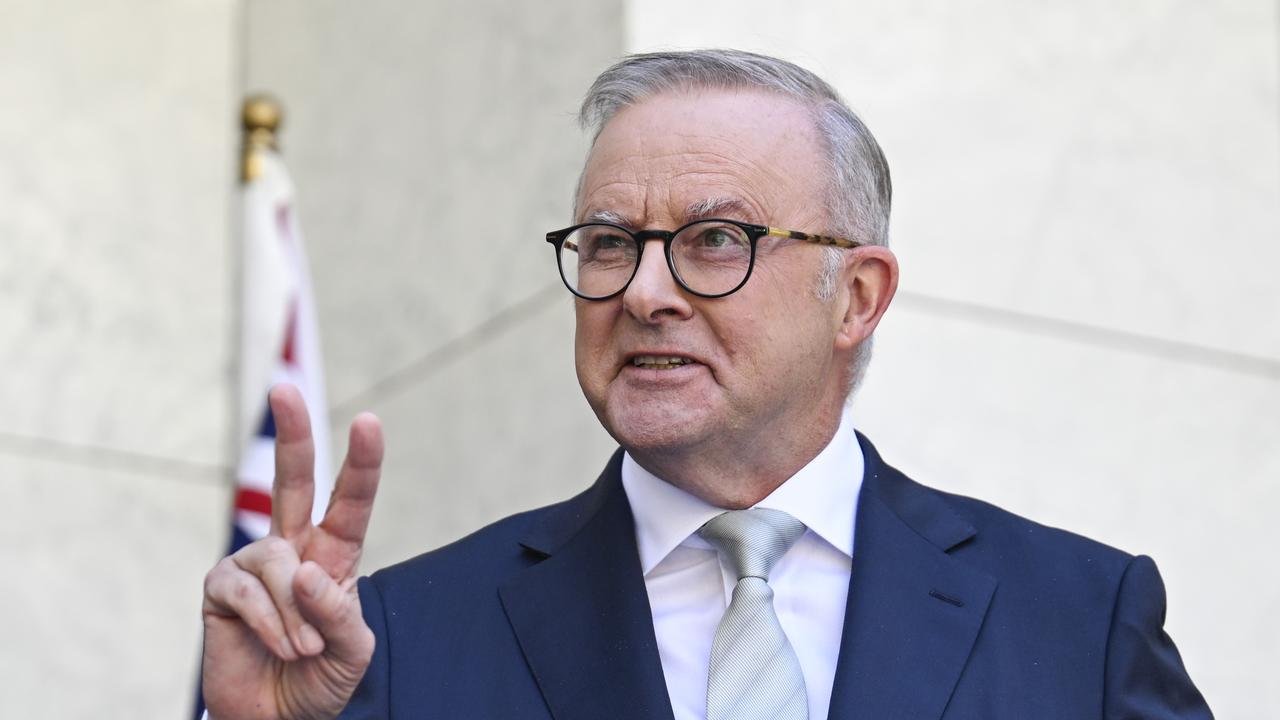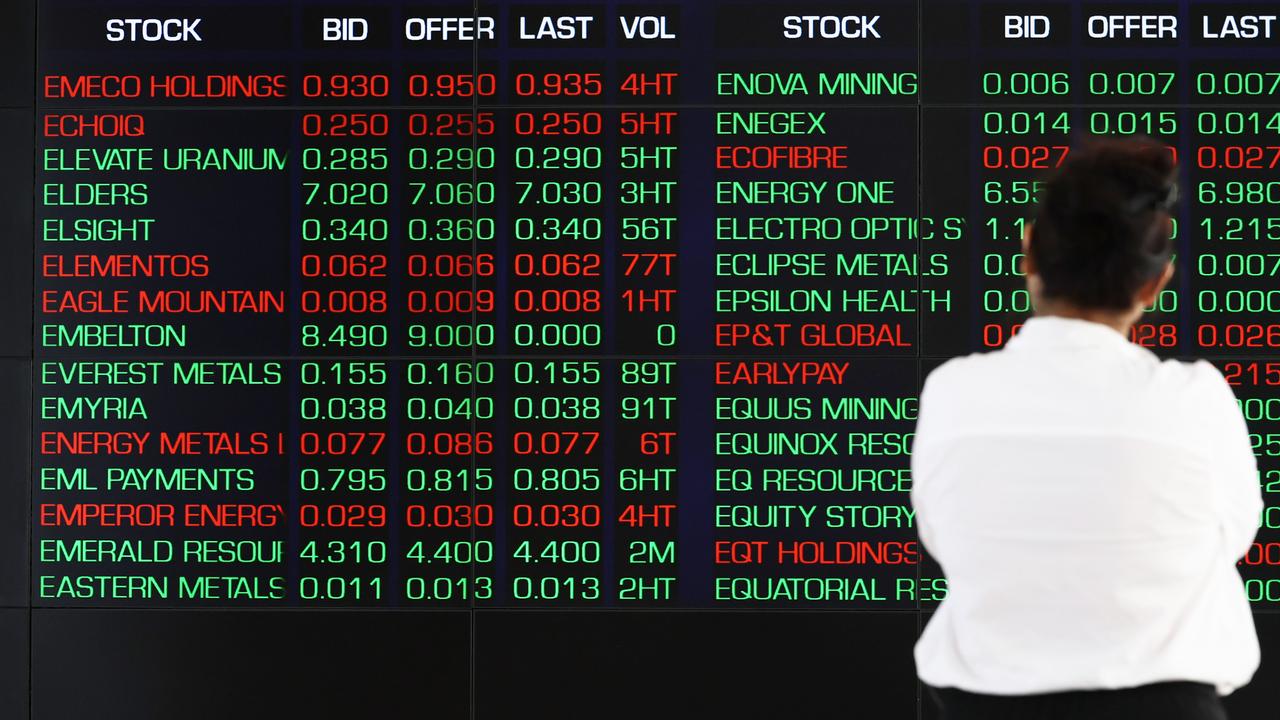Oracle looks to buy TikTok
Oracle has held talks with TikTok’s Chinese owner ByteDance.
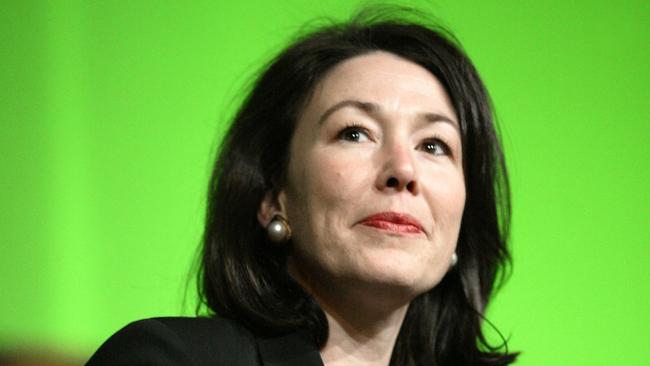
Hello and welcome to The Download, The Australian’s technology blog for the latest tech news.
4.05pm: Oracle throws its hat into the ring for TikTok
Oracle has held preliminary talks with TikTok’s Chinese owner, ByteDance, and was seriously considering buying the app’s operations in the United States, Canada, Australia and New Zealand, the Financial Times newspaper reported on Monday.
Oracle was working with some US investors that already have a stake in ByteDance, including General Atlantic and Sequoia Capital, the newspaper reported, citing people briefed about the matter.
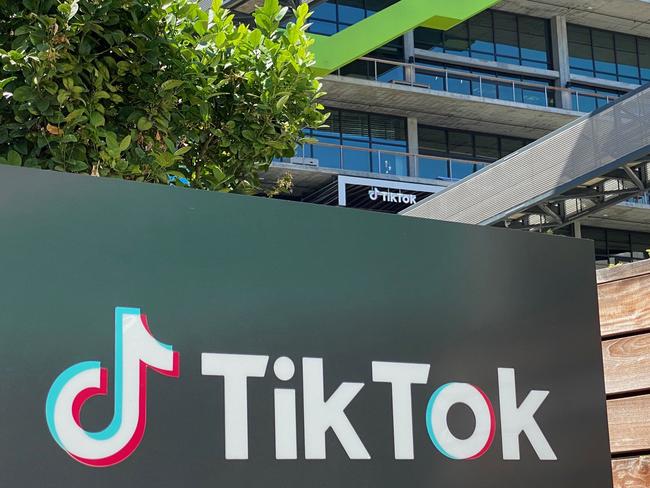
ByteDance and TikTok did not have a comment on the FT report, while Oracle declined to comment.
Reuters reported earlier this month that Twitter had approached ByteDance to express interest in acquiring the US operations of TikTok, while Microsoft Corp was still the favourite to clinch a deal.
The Financial Times said Microsoft has also seriously considered a bid to take over TikTok’s global operations beyond the nations it outlined earlier in August.
Microsoft is particularly interested in buying TikTok in Europe and India, where it was recently banned by the Indian government after border tensions with China, the newspaper said.
But ByteDance is opposed to the idea of selling any assets beyond those in the United States, Canada, Australia and New Zealand, according to the report.
US President Donald Trump last week ordered ByteDance to divest the US operations of the video app within 90 days, ramping up pressure on the Chinese company over concerns about the safety of the personal data it handles.
General Atlantic and Sequoia Capital were not immediately available for comment.
Reuters
David Swan 2.40pm: Australia ‘failing R&D test’
Australia is lacking crucial R&D investment and just 12 of 2,500 firms recognised as global R&D leaders are Australian, according to a new industry study.
The deep tech Economic Impact Report, from Australia’s first ‘deep tech’ accelerator Cicada Innovations and Accenture’s AlphaBeta, found that Australia is missing out on a significant untapped opportunity via R&D investment.
Australian companies on the list include Cochlear, ResMed, and CSL Limited, which are now valued at $12b, $35b, and $127b respectively.
Cicada CEO Sally-Ann Williams said emulating the success of these companies could lead to a new generation of Australian deep tech corporates, and that the best opportunities for business investment and collaboration in deep tech R&D can be found inside Cicada’s walls.
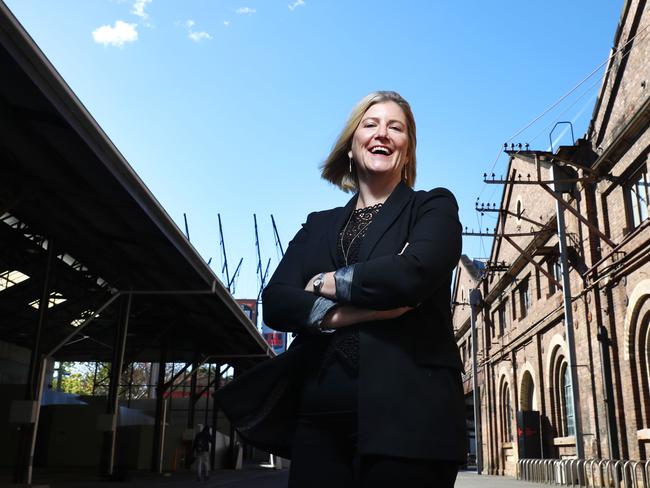
“If the fires, floods, and global pandemic of 2020 have taught us anything, it’s that creativity, R&D, and collaboration are more vital than ever before. Australian businesses have had to galvanise and seek new investment and R&D partnerships to build solutions and implement them fast and at scale,“ she said.
“So if Australian businesses aspire to share in the growth resulting from becoming one of the top 2,500 global R&D leaders, we offer unique opportunities to invest in R&D programs or sponsored incubation that will produce successful and scalable outcomes right here under our roof.
“Looking at just four of Cicada’s portfolio of 103 incubated deep tech companies, we can see $625m+ created via sales or IPOs, so there is also a significant medium-term opportunity for financial return from outsourcing R&D through direct investment.”
AlphaBeta Australian Managing Director Toby Brennan said, “The Cicada Innovations journey shows how patient support for deep tech can catalyse our R&D performance and generate enormous economic value. And importantly, it also demonstrates how that value benefits not just entrepreneurs, but their customers, consumers and the broader society.”
Chris Griffith 1.10pm: Local charity cryptocurrency value soars
An Australian cryptocurrency operating in the charity sector says its value has increased 12-fold since beginning operation four months ago.
Myubi says the crypto pool available to help poor communities globally was now worth $12bn. It says it offers an easy and secure way to receive, distribute and save benevolently donated blockchain tokens.
Myubi director and public officer Mark Heggart says the combination of market instability, the COVID-19 crash and a desire for alternative banking models – coupled with the offer of a viable charitable solution – has driven a strong spike in interest.
A daily allowance of US$0.50 per day per recipient may not sound but Myubi says the custom built Myubi blockchain can distribute the currency straight to registered users’ phones, without the usual delays, financial onboarding requirements, and the transactional and broker fees that come with traditional bank transfers and currency trading.
Mr Heggart says Myubi aimed to raise that allowance to US1.50 in the coming year. “It works on the principle of universal basic income (UBI), a system supported by Tesla CEO Elon Musk and a growing list of tech executives, in which all citizens receive a standard amount of money each month to cover basic expenses like food, rent and clothes,” he says.
He says a number of government and charity-sponsored UBI pilot programs are being trialled around the world.
Chris Griffith 1.00pm: Mimecast reports spoofed security site
Email management firm Mimecast reports that it has discovered a spoofed site for Check Point Software Technologies, a multinational provider of products for the IT security industry. Spoofing is the art of impersonating a recognised website to catch their customers off-guard.
We’re used to seeing spoofed sites for banks; it seems the online security industry isn’t exempted from being a target. Mimecast says Google, PayPal, Facebook and other known brands are regularly impersonated, and cybersecurity vendors can be attacked with frequency and consistency.
Mimecast says it notified Check Point of the site which has since been taken down. It says the trust of spoofed brands risks being questioned or diminished through these attacks. “Even unsophisticated attackers can trick unsuspecting website visitors, which can unravel years’ worth of brand equity,” says Mimecast.
David Swan 9.20am: Google ‘interfering with politics’
Google is asking users from outside Australia to send their views on Australia’s new rules to the ACCC, as part of a scare campaign about the government’s upcoming mandatory bargaining code.
On Monday Google kicked off a co-ordinated attack against new legislation designed to force it to treat media companies fairly, posting from global accounts including its ‘TeamYouTube’ profile.
“Your voice is important and you don’t have to be based in Australia to send your views on the draft code to the ACCC,” Google told YouTubers.
“To help support your favourite creators, email bargainingcode@accc.gov.au by 5pm AEST on 28 August 2020. We’ll share more ways to get involved in the coming days.
The ACCC has been contacted for comment.
Google’s move comes after Communications Minister Paul Fletcher criticised Google for attempting to label Australian journalism as “big media”, despite commanding a $US1200 billion market capitalisation.
“One of the things that struck me was this item that pops up when you do a Google search refers to the ‘big media’ companies,” he told Sky News host Peter Stefanovic on Tuesday.
“Now let’s get some numbers in this debate. Google has a market capitalisation of $US1200 billion.
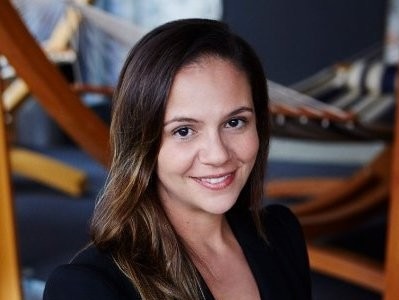
“The market capitalisation of News Corp – the biggest of the Australian news businesses – is $US9 billion. Nine Entertainment is $US2 billion.
“This language which attempts to characterise one side of this policy interaction as ‘big businesses’ – and by implication the other side not a big business .... let’s be clear: this is about the proper commercial terms for dealings between news media businesses.”
Google alone has ripped hundreds and millions of dollars from Australian media companies in recent years and earned $4.3 billion in Australian advertising revenue in 2019.
On Monday Google began bombarding Australian Google users with a pop-up notification whenever they do a Google search saying “the way Aussies use Google is at risk”.
8.50am: Apple accused over Fortnite
“Fortnite” creator Epic Games has accused Apple of escalating a dispute between the two companies by threatening to cut off access to tools used in making software for iOS devices and Mac computers.
Epic has asked a federal judge to prevent Apple from terminating its software-development accounts by Aug. 28 — a deadline the tech giant imposed after saying the company violated App Store rules.
Epic, a closely held game studio and software developer based in North Carolina, argued such a move would cause “unquantifiable and irreparable” damage to its business, as well as harm its customers.
In addition to “Fortnite,” which has more than 350 million registered players, Epic created the Unreal Engine, software used by millions of developers worldwide for making games, television and movie special effects and other types of digital content. It also owns the video chat app Houseparty.
The legal fracas marks the latest turn in a battle industry observers say could have major implications for the mobile app economy, which recorded $120 billion in worldwide consumer spending last year.
“Apple is attacking Epic’s entire business in unrelated areas,” Epic said in a court filing, which seeks a temporary restraining order on restricting access to software development tools. Apple didn’t respond to requests for comment.
The Wall Street Journal
Chris Griffith 8.40am: Conspiracy sites draw millions of followers
Conspiracy theory sites continue to draw millions of followers. News watchdog NewsGuard has listed new sites on its “misinformation monitor”. They include sites advocating that Israel was responsible for the 9/11 attacks, that US health Adviser Dr Anthony Fauci will earn billions of dollars from a COVID-19 vaccine, and sites with huge followings warning people about the perils of wearing face masks.
NewsGuard attributes En-volve.com with publishing the first article last year saying that Kamala Harris is not eligible to run for the presidency (and vice presidency). NewsGuard says its Facebook has more than 675,000 followers. More details are here.
Chris Griffith 8.25am: ZTE plans phone with under-display camera
Telecommunications firm ZTE Corporation has launched a phone with a camera that is embedded at the back of the display. ZTE says there is no “notch” at the top of the screen nor any need for a pop-up camera.
The small black bars at the top of phone displays probably don’t worry many users, however the phone industry has been pulling out all stops to get rid of them. Several phone makers are believed to be working on having a camera lens embedded with in a smart phone display.
ZTE says its ZTE Axon 20 5G will be released in September, but only in China at this stage.

